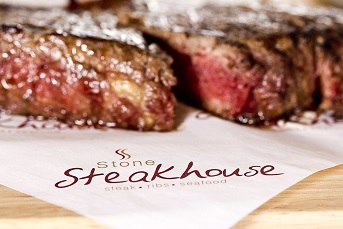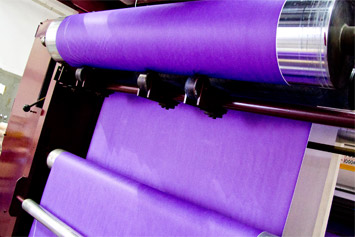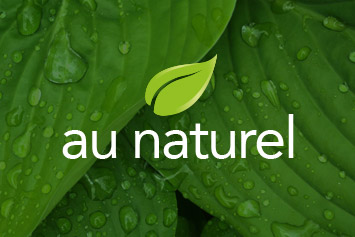Well, it probably makes sense to start by assuming that the grease resistance in the sheet is "natural" rather than chemically treated -
known as FCT or Fluoro-Chemical Treatment. In order to explain this this we need to understand the science a bit more of how
grease resistance is obtained.
The most expensive way is by refining fibre over and over. The end product is known as greaseproof. The more you refine the fibres the greater the barrier you produce and the more transparent the paper. Some mills use chemicals to enhance the transparency so you must always ask "Is the transparency chemical or mechanical?" A greaseproof quality sheet has a very closed surface on two sides after refining thus providing a superior barrier and hence is the most expensive.
Natural greaseproof paper does not any have chemical treatments or coatings. It acquires its greaseproof properties during the pulping process with its fibres becoming so tightly entwined that the spaces between them are smaller than a grease molecule.
A less costly way to obtain grease resistance is a combination of refining and chemical treatment. The lower refining produces a sheet that is more open providing less of a barrier. The mills will chemically treat the paper to close up the surface and provide resistance. Transparency is slightly less than greaseproof and being lower cost makes for a much better value sheet for many customers.
The lowest cost way of providing resistance involves minimal refining. You can easily pick this up by looking at the formation of the sheet. FCT is flood coated on the surface to create the barrier and resistance. Transparency is not an issue in most cases for this sheet as it is typically marketed in lower value applications.





